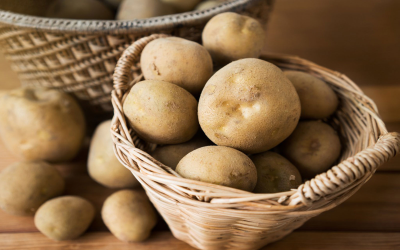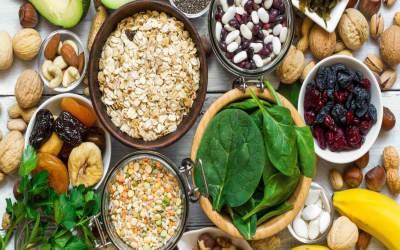Alcohol consumption and diabetes

Drinking alcohol may fluctuate your blood sugar. Alcohol has a lot of calories. Moderate amounts of alcohol may cause blood sugar to rise, whereas excess alcohol can decrease it and cause hypoglycemia. Because many of the symptoms of hypoglycemia are also symptoms of being drunk, it can be difficult to tell the two apart. Alcohol […]
High potato intake cause risk of diabetes

High potato intake has been suggested as a risk factor for the development of type 2 diabetes. Long-term high consumption of potato may be strongly associated with increased risk of diabetes mellitus. The larger risk were observed for 2 serving per day and 3 serving per day both in men and women. To keep your […]
Dietary fat and diabetes relationship

Total fat and saturated and monounsaturated fatty acid intakes are not associated with risk of type 2 diabetes, but that trans fatty acids found in processed foods increase and polyunsaturated fatty acids found in flax seeds, fish, seeds, soybean, nuts reduce risk. Substituting nonhydrogenated polyunsaturated fatty acids for trans fatty acids that are found in […]
Egg intake and diabetes

Eggs are a versatile food and a great source of protein. The American Diabetes Association considers eggs an excellent choice for people with diabetes. That’s primarily because one large egg contains about half a gram of carbohydrates, so it’s thought that they aren’t going to raise your blood sugar. Eggs are high in cholesterol. One […]
Chromium and magnesium to reduce diabetes

High blood sugar levels and diabetes have also been linked to micronutrient deficiencies. Examples include deficiencies in the minerals chromium and magnesium. Chromium is involved in carb and fat metabolism. It also helps regulate blood sugar levels. A lack of chromium may predispose you to carb intolerance. Chromium-rich foods include- meats, whole grain products, fruit […]


